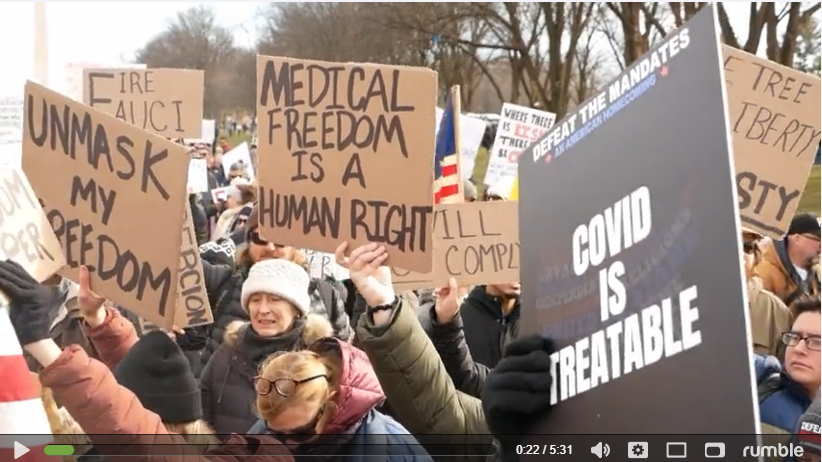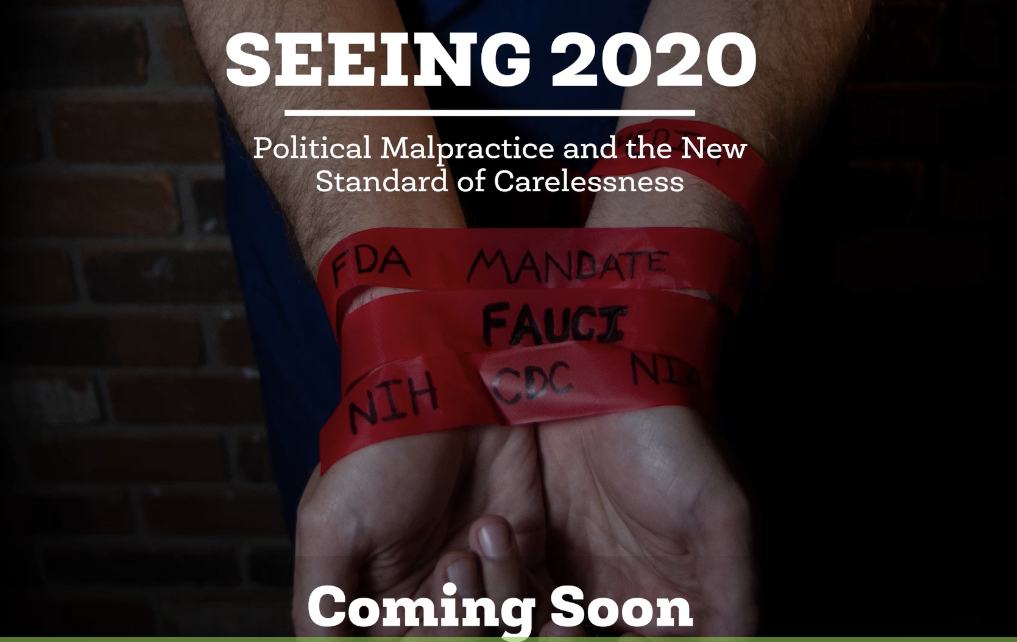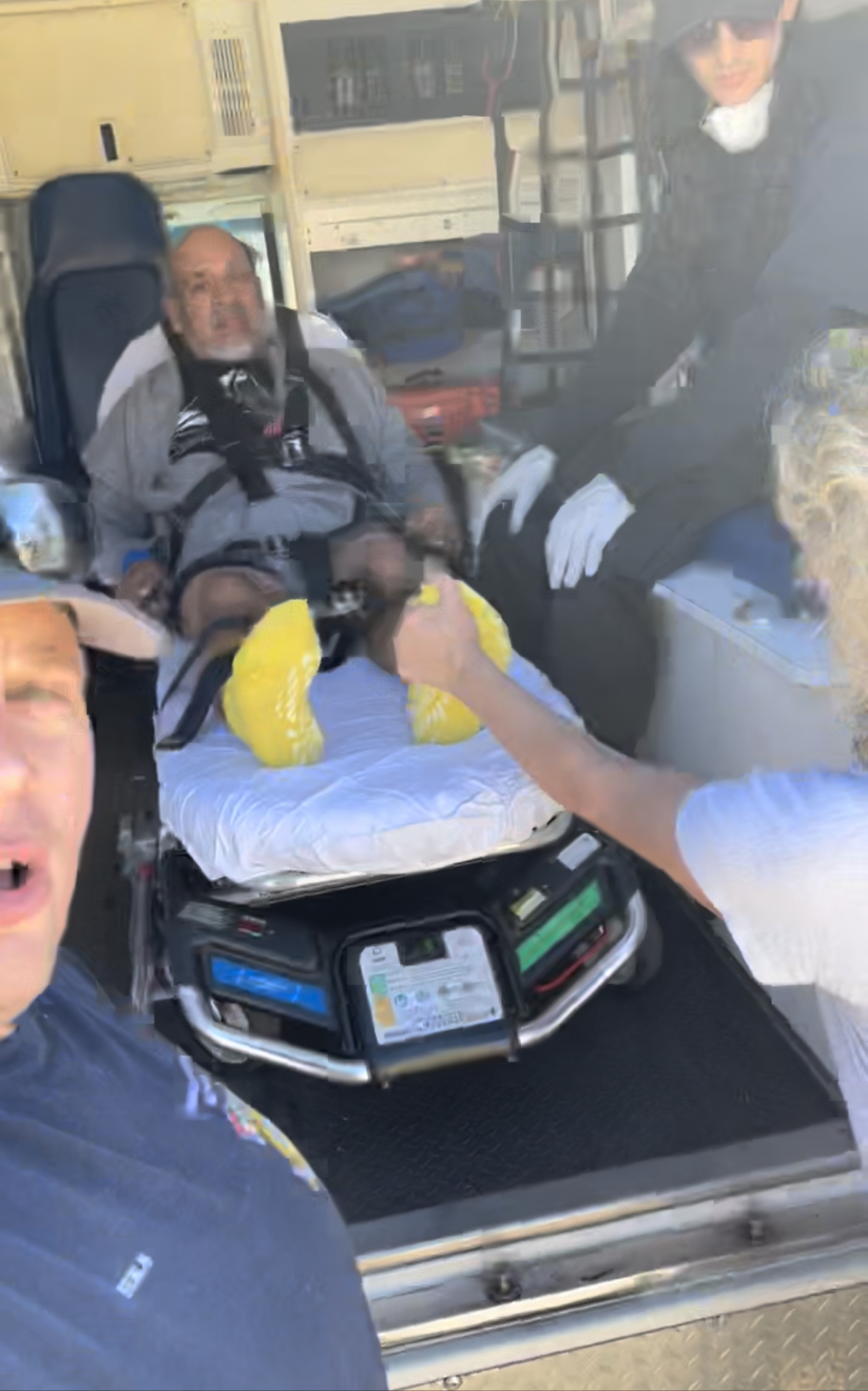The Americans with Disabilities Act (ADA)
The ADA prohibits discrimination against those with physical, psychological, and cognitive disabilities. It protects any impairment that significantly affects a major life activity, such as learning, communicating, seeing, caring for oneself or sleeping. Request a reasonable modification for a support person to be present with your loved one, if he/she is considered disabled by the ADA.
A Patient can be considered to have a disability if he is diagnosed with a physical or mental impairment that substantially limits one or more of the following such as caring for oneself, performing manual tasks, walking, seeing, hearing speaking, breathing, learning and working.
To be protected by the ADA, one must have a disability, which is defined by the ADA as a physical or mental impairment that substantially limits one or more major life activities, a person who has a history or record of such an impairment, or a person who is perceived by others as having such an impairment. The ADA does not specifically name all of the impairments that are covered.
–ADA.gov
If a patient has a disability, it is reasonable to request a support person. Once support is requested, the hospital has the option to either pay for 24 hour a day one-on-one support or allow you to be there to fill that role.
Federal and state laws protect patients with disabilities and require public and private hospitals to provide reasonable modifications for patients with disabilities to ensure equal access to medical treatment. Both Title II and Title III of the Americans with Disabilities Act (ADA) and the Arizonans with Disabilities Act (AZDA) prohibit discrimination based on disability. Section 504 of the Rehabilitation Act of 1973 also prohibits discrimination in programs conducted by entities that receive federal financial assistance. Most hospitals have received federal assistance through the CARES Act and/or American Rescue Plan Act, along with CMS Medicare/Medicaid funding.
The Affordable Care Act provides that no health program or activity that receives federal funds may exclude from participation, deny the benefits of their programs, services, or activities, or otherwise discriminate against a person protected under Section 504.
As most health care facilities receive federal financial assistance, they are also subject to the nondiscrimination requirements of Section 504 and the ACA.
Discrimination includes the failure to make reasonable modifications in policies, practices, or procedures when necessary to provide equal opportunity to people with disabilities.
If a patient with a disability requires an accommodation that involves the presence of a family member, personal care assistant or similar disability service provider, knowledgeable about the management of their care, to assist them or to ensure effective communication while receiving medical treatment, this exemplifies a necessary reasonable modification.
In March 2020, the U.S. Department of Health and Human Services Office for Civil Rights (HHS OCR) issued a bulletin stating disability civil rights protections remain in effect even during times of crisis and require that states and hospitals take measures to ensure people with disabilities have access to medical treatment, by providing, among other things, reasonable modifications to policies and procedures to address individualized needs.
HHS-OCR’s “Bulletin: Civil Rights, HIPAA, and the Coronavirus Disease (COVID- 19)” On June 9, 2020, HHS OCR resolved complaints filed by several disability rights organizations against the State of Connecticut and Hartford Hospital that alleged their no- visitor policies discriminated against patients with disabilities by agreeing to requiring changes to allow support persons.
If the patient has a disability and a reasonable support person accommodation is denied after your written request, you can file complaints with the appropriate agencies.
To initiate a discrimination complaint under Section 504 of the Rehabilitation Act or Section 1557 of the Affordable Care Act, you can do so online, by mail, or by email.
Online: https://ocrportal.hhs.gov/ocr/smartscreen/main.jsf
Mail: Send the completed complaint and consent forms to
Centralized Case Management Operations
U.S. Department of Health and Human Services
200 Independence Avenue, S.W.
Room 509F HHH Bldg.
Washington, D.C. 20201
Email: Email the completed complaint and consent forms to OCRComplaints@HHS.gov.
To initiate a discrimination complaint under the ADA with the U.S. Department of Justice: online, by mail, or by fax.
Online: https://civilrights.justice.gov/report/
Mail: Send the completed complaint form to
US Department of Justice
950 Pennsylvania Avenue, NW
Civil Rights Division
Disability Rights Section
Washington, D.C. 20530
Fax: Fax the completed complaint to 202-307-1197.
Find your state authority- For example:
To initiate a discrimination complaint under the Arizonans with Disabilities Act (AzDA), you can do so online, by phone, or by mail.
Online: https://www.azag.gov/complaints/civil-rights
Phone:
- Phoenix Office: 602-542-5263
- Tucson Office: 520-628-6504
Mail: send the completed intake form to
- Arizona Attorney General’s Office – Civil Rights Division
Phoenix Office
2005 N Central Ave
Phoenix, AZ 85004-2926 - Arizona Attorney General’s Office – Civil Rights Division
Tucson Office
400 West Congress
South Building, Suite 315
Tucson, AZ 85701-1367
The Attorney General’s Office will call you to complete the process. In general, these complaints must be filed within 180 days of the date of discrimination.
The best treatment your hospitalized loved one can have is their loved ones around to aid in the healing process.
Learn More about Advocacy Strategies at HandsforHealthandFreedom.org – Advocacy
Learn More About:
Legal Advocacy for Medical Freedoms | Patient Advocacy Tools | Effective Remedies
Help us educate and advocate by sharing this article today!
More on Patient Advocacy
-
Informed Consent – What is it and Why Does it Matter?

Point one of the Nuremberg Code states, “the voluntary consent of the human subject is absolutely essential.” This standard has since been repeatedly ratified and adopted around the globe, in laws, treaties, regulations, and ethical guidelines for medical research. For example, in 1964, the World Medical Association adopted the Declaration of Helsinki, which provides that…
-
Coroner and Whistleblower John O’Looney’s Harrowing Hospital Care Experience
“Those of you who know of undertaker John O’Looney may not know he was unwell a couple of months. Hospital staff had a good go at murdering him before he was rescued by former policeman Mark Sexton. If you think my words an exaggeration, please read of John’s horrific experience below.” Best wishes, Mike Forwarded…
-
Seeing 2020: Political Malpractice and The New Standard of Carelessness

Check out the trailer for the Seeing 2020: Political Malpractice and The New Standard of Carelessness documentary coming soon!
-
Patient Rescued from Banner University Hospital in Phoenix, Arizona

Patient Rescued from Banner University Hospital in Phoenix, Arizona. Right now, in America, families are literally rescuing their loved ones from hospitals.
-
Right to Try Denied! Why Hospitals Continue to Deny Access to Treatments That Work

Families don’t want to give up on their loved ones once it’s clear the hospital has, yet we hear this story over and over again. Their requests for simple treatments they’ve either heard about, or may have a prescription for, are denied. Vitamins, in addition to basic nutrition and hydration, are often denied as well,…
-
Paralytic and Sedative Cocktail Sanctioned by Deadly NIH Covid Protocol to Silence Patients

Like scenes from a tragic script, we watch this play enacted daily across the country. The deadly cocktail now sanctioned in the NIH protocol, used to thwart your advocacy, is the silent killer. Any hospital that participates in Medicare or Medicaid must continue despite the dismal outcomes. They continue to deny Right-to-Try pleas from family.…


Thanks for taking the time to talk about this, I really feel strongly about it and enjoy learning extra on this topic. If possible, as you acquire expertise, would you mind updating your blog with additional data? Its extremely helpful for me.